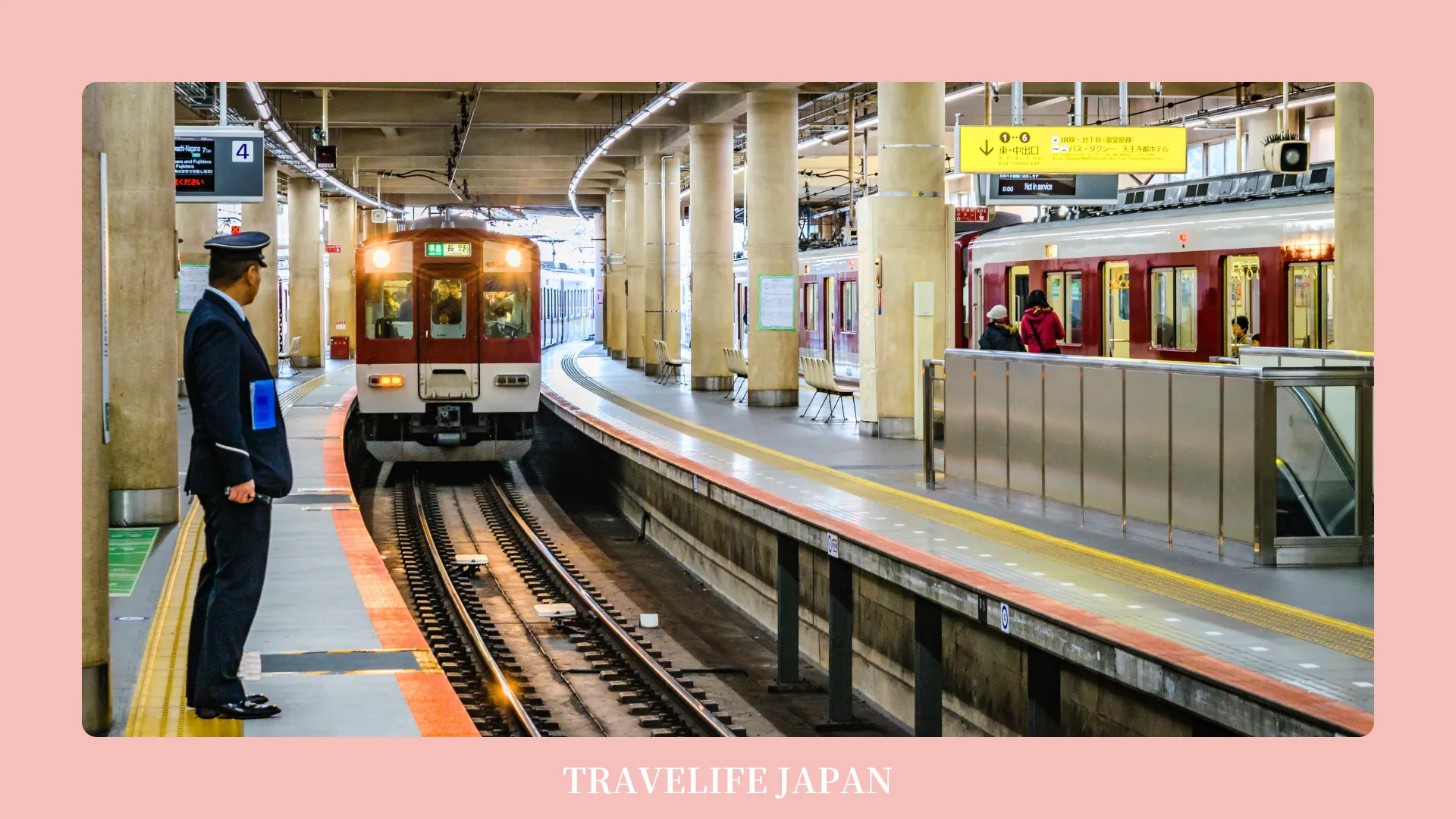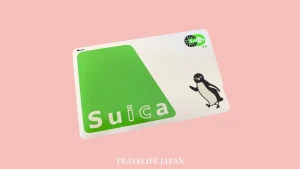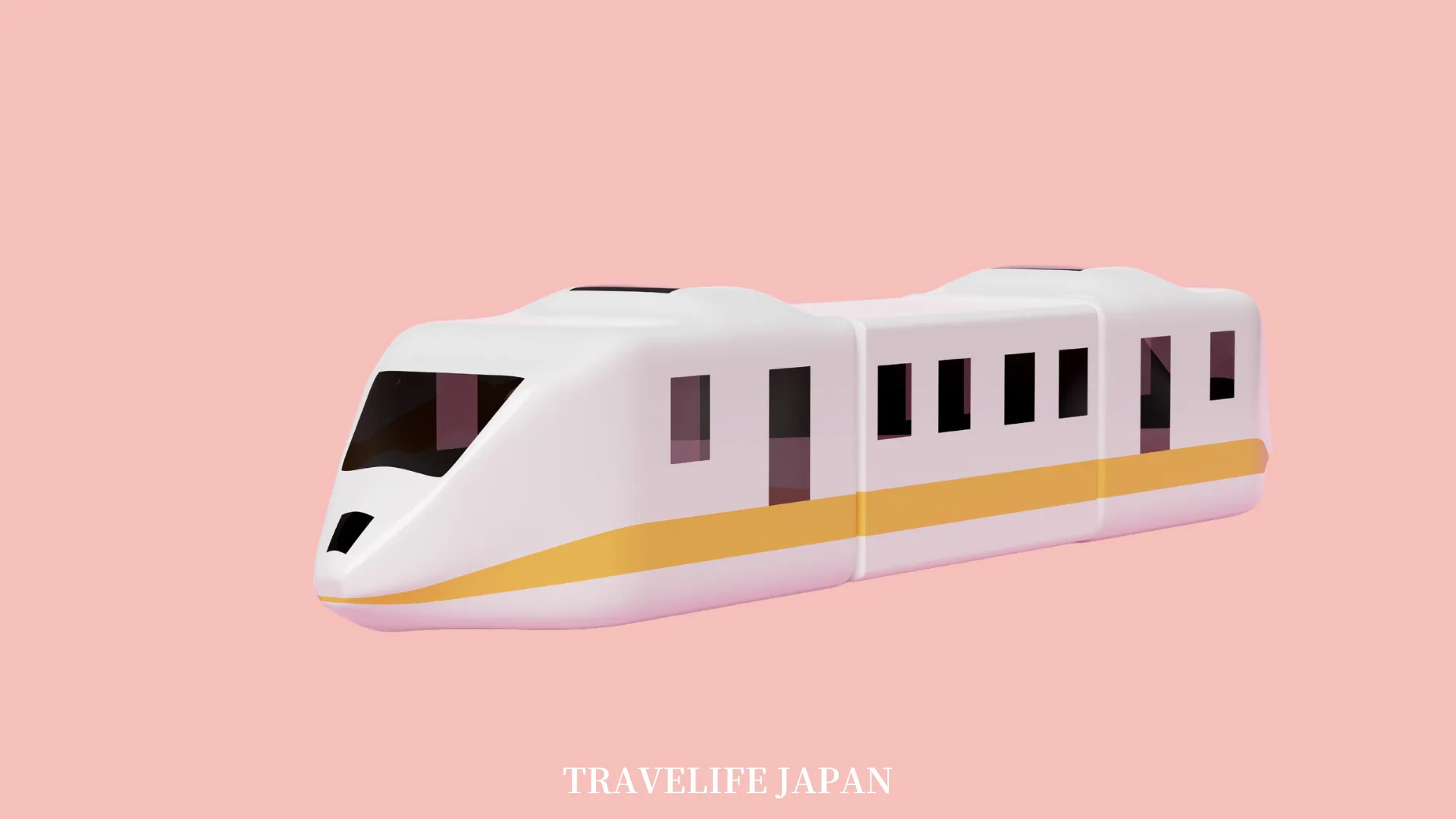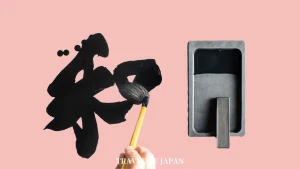Need help in Japan’s train stations? Don’t hesitate to ask locals or seek out staff at platforms and ticket gates. Engaging with those around you enriches your journey, ensuring a seamless experience through Japan’s efficient rail system. Embrace the adventure and the welcoming spirit of the community.
Useful Japanese Phrases in Train Station

- 駅はどこですか? Eki wa doko desu ka?
“Where is the station?” Essential when searching for the nearest train station. - 改札口はどこですか? Kaisatsuguchi wa doko desu ka?
“Where is the ticket gate?” Useful for finding the entrance or exit gates in a station. - 切符はどこで買えますか? Kippu wa doko de kaemasu ka?
“Where can I buy a ticket?” To inquire about the ticket vending machine or ticket counter. - この電車は[目的地]に行きますか? Kono densha wa [mokutekichi] ni ikimasu ka?
“Does this train go to [destination]?” To confirm if you’re boarding the right train. - 次の電車は何時ですか? Tsugi no densha wa nanji desu ka?
“What time is the next train?” To find out when the next train departs. - [目的地]行きの切符を一枚ください. Mokutekichi-iki no kippu o ichimai kudasai.
“One ticket to [destination], please.” For purchasing a ticket to your destination. - 指定席はありますか? Shiteiseki wa arimasu ka?
“Are there reserved seats?” If you prefer or need to reserve a seat. - 乗り換えはありますか? Norikae wa arimasu ka?
“Are there any transfers?” To know if you need to change trains. - 忘れ物センターはどこですか? Wasuremono sentaa wa doko desu ka?
“Where is the lost and found?” In case you lose something on the train or in the station. - この切符は[目的地]まで有効ですか? Kono kippu wa [mokutekichi] made yuukou desu ka?
“Is this ticket valid to [destination]?” To confirm if your ticket covers the entire journey. - 自動券売機の使い方を教えてください. Jidoukenbaiki no tsukaikata o oshiete kudasai.
“Please explain how to use the ticket machine.” If you’re unfamiliar with the ticket vending machines. - 急行はここで止まりますか? Kyuukou wa koko de tomarimasu ka?
“Does the express train stop here?” To check if a faster service stops at your station. - [目的地]への最速の方法は何ですか? Mokutekichi e no saisoku no houhou wa nan desu ka?
“What is the fastest way to [destination]?” To find the quickest route. - 回数券はどこで買えますか? Kaisuken wa doko de kaemasu ka?
“Where can I buy a multiple-ride ticket?” If looking to buy a commuter pass or bulk tickets. - この切符で急行に乗れますか? Kono kippu de kyuukou ni noremasu ka?
“Can I use this ticket on an express train?” To ensure ticket validity for different train types. - トイレはどこですか? Toire wa doko desu ka?
“Where is the bathroom?” A necessary inquiry in large stations. - 出口はどれですか? Deguchi wa dore desu ka?
“Which one is the exit?” Useful for finding your way out of the station. - 次は何駅ですか? Tsugi wa nan eki desu ka?
“What is the next station?” To stay informed about your current location on the route. - この列車は[目的地]に止まりますか? Kono ressha wa [mokutekichi] ni tomarimasu ka?
“Does this train stop at [destination]?” To verify your train’s stops. - 料金はいくらですか? Ryoukin wa ikura desu ka?
“How much is the fare?” To inquire about the cost of the journey. - 改札機はどこですか? Kaisatsuki wa doko desu ka?
“Where is the ticket gate?” To locate where to insert your ticket or pass. - 急行料金は別に必要ですか? Kyuukou ryoukin wa betsu ni hitsuyou desu ka?
“Is there an additional charge for the express?” To check if extra fees apply for express services. - 席を予約したいです. Seki o yoyaku shitai desu.
“I would like to reserve a seat.” For ensuring a seat on busy routes. - 電車は何番線から出ますか? Densha wa nanbansen kara demasu ka?
“From which platform does the train depart?” To find the right platform for your train. - ここで降りるべきですか? Koko de oriru beki desu ka?
“Should I get off here?” To confirm if your current station is where you need to alight. - 定期券はどこで更新できますか? Teikiken wa doko de koushin dekimasu ka?
“Where can I renew my commuter pass?” If you need to update your regular travel pass. - このエリアの地図を見せてください. Kono eria no chizu o misete kudasai.
“Please show me a map of this area.” Useful for getting your bearings in and around the station. - ラッシュアワーはいつですか? Rasshuawaa wa itsu desu ka?
“When is rush hour?” To avoid the busiest times in the station. - 最終電車は何時ですか? Saishuu densha wa nanji desu ka?
“What time is the last train?” Important if traveling late. - 電車は定時に出ますか? Densha wa teiji ni demasu ka?
“Does the train leave on time?” To check the punctuality of the train.
Useful Tips in Japanese Train Station

Activating Your Japan Rail Pass
To unlock seamless travel across Japan with Japan Rail Pass, head to a Japan Railways (JR) office, accessible at all major airports and train stations. Present your passport for verification of your tourist visa, along with your exchange order. Choose an activation date for your pass within 30 days of exchange. This process, essential for accessing unlimited travel on JR lines, makes it a breeze to explore Japan’s vast network of trains, buses, and ferries efficiently.
How to Reserve Seats on JR Trains
Japan Rail Pass holders enjoy the perk of free seat reservations, a feature not extended to non-pass holders who face a nominal fee. Simply visit any JR ticket office; note that online reservations are off-limits due to credit card restrictions. Each traveler must present their pass for individual seat reservations, which can be made up to one month in advance. This ensures a smooth journey across Japan, particularly during peak travel times.
Using Ticket Vending Machines
Navigate Japan’s rail system with ease using ticket vending machines, which feature English instructions and offer two fare types: adult (black text) and child (red text). Machines accept 10, 50, 100, and 500 yen coins, and 1000 yen notes, covering short trip fares typically ranging from 200 to 600 yen. Although cash is king at these machines, they conveniently provide change, making them perfect for quick, short-distance travel.
Finding Your Train
Comprehensive train departure screens at stations like Tokyo display vital information: train names, numbers, departure times, destinations, and platform numbers. Cars designated for reserved and non-reserved seating are clearly marked. Adherence to floor markings for queuing ensures an orderly boarding process, a testament to Japan’s commitment to efficiency. Mastering this system allows for a stress-free station navigation experience.
Managing Luggage Efficiently
Japan caters to travelers with various luggage solutions: from station lockers available in three sizes (small for 300 yen, medium for 400 yen, large for 500 yen per 24 hours) to the Takuhaibin service for door-to-door baggage delivery. Shinkansen trains allow two pieces of luggage (total dimension ≤250 cm, max weight 30 kg each), while local trains offer overhead storage. The Narita Express provides designated spaces for larger bags, ensuring your journey through Japan is both comfortable and convenient.

Conclusion
Knowing these phrases can significantly ease your travel through Japan’s extensive and efficient railway system. They will help you navigate stations, understand schedules, and interact effectively with staff and fellow travelers, ensuring a smooth and enjoyable journey.
\ Follow Our Community /
STUDY IN JAPAN
INQUIRE NOW
Please feel free to seek our help at NO COST.
We are looking forward to meeting you!








